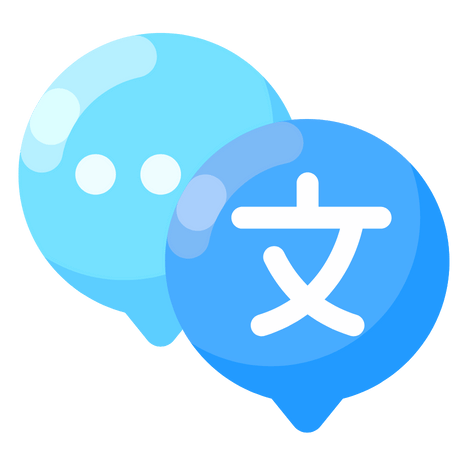Dutch-French translation is an essential tool for facilitating communication between the French and Dutch-speaking communities. This comprehensive guide will help you to understand the subtleties of this linguistic conversion and achieve accurate, efficient results.
The importance of Dutch in the business world
Dutch, spoken by around 25 million people, plays a crucial role in the European business landscape. The language is mainly used in the Netherlands, Belgium, Suriname and the Dutch overseas territories. For French companies wishing to expand into these markets, mastery of Dutch-French translation is essential.
The Netherlands and Flemish Belgium represent considerable business opportunities for French companies. Renowned for their dynamic economies and international openness, these countries offer fertile ground for expansion. Here are just a few reasons why Dutch-French translation is crucial:
- Access to new markets
- Improved communication with business partners
- Compliance with local regulations
- Adapting products and services to Dutch-speaking consumers
Translation quality can make the difference between a company’s success and failure in these markets. It is therefore essential to call on competent professionals to ensure accurate and efficient language conversion.
Key areas of Dutch-French translation
The demand for Dutch-French translation covers a wide range of sectors. Each field requires specific expertise to guarantee a faithful translation adapted to the context. Here are the main areas where Dutch-French translation is particularly in demand:
| Field | Types of documents | Importance |
|---|---|---|
| Legal | Notarial deeds, administrative documents, court decisions | Essential legal accuracy and conformity |
| Financial | Financial reports, market analyses | Rigor and accuracy of financial terms |
| Technical | Manuals, data sheets, patents | Thorough understanding of technical specifications |
| Marketing | Brochures, advertisements, websites | Cultural adaptation and commercial impact |
In each of these fields, it is crucial to call on the services of specialized translators. Machine translation tools, while useful for basic needs, cannot compete with the expertise of a professional for these types of complex documents.
Sworn translations deserve special attention. Some official documents require certification by a certified translator to be legally recognized. This requirement often applies to legal and administrative documents, guaranteeing their authenticity and validity with the relevant authorities.

The essential skills of a Dutch-French translator
Choosing the right translator is crucial to ensuring quality language conversion. A competent professional in Dutch-French translation must possess a set of specific skills:
- Linguistic mastery: Excellent knowledge of both languages is essential. The translator must be able to grasp the nuances and subtleties of both Dutch and French.
- Cultural expertise: An understanding of the Dutch and French cultural contexts enables the message to be adapted appropriately.
- Academic background: A degree in translation or languages provides a solid foundation of linguistic and methodological knowledge.
- Sector specialization: Expertise in specific fields (legal, technical, medical) guarantees terminological accuracy.
- Mastery of technological tools: Effective use of computer-aided translation software enhances productivity and consistency.
We recommend using translators who are native speakers of the target language. For example, when translating from Dutch into French, a native French-speaking translator will generally be better able to produce a fluent, natural text in French.
In-depth knowledge of both cultures is also crucial. Dutch, a Germanic language close to German and English, has linguistic and cultural peculiarities that need to be mastered to avoid misunderstandings and clumsiness in translation.
Dutch to French translation resources and tools
Although professional translation is irreplaceable for important documents, there are many online resources available to facilitate Dutch-French language conversion. These tools can be useful for one-off needs or to complement the work of a translator:
- Online bilingual dictionaries: These provide quick translations of common words and expressions.
- Specialized terminology databases: These provide precise equivalents for technical or domain-specific terms.
- Bilingual corpora: These vast collections of translated texts allow you to observe word usage in context.
- Conjugation tools: These help you master the complex verb forms of Dutch and French.
- Pronunciation applications: to help you learn the correct pronunciation of Dutch words.
These resources can improve the understanding and use of Dutch, but are no substitute for the expertise of a professional translator for official or specialized documents. The judicious combination of these tools and human expertise results in high-quality Dutch-French translations, essential for effective communication between the French and Dutch-speaking communities.
